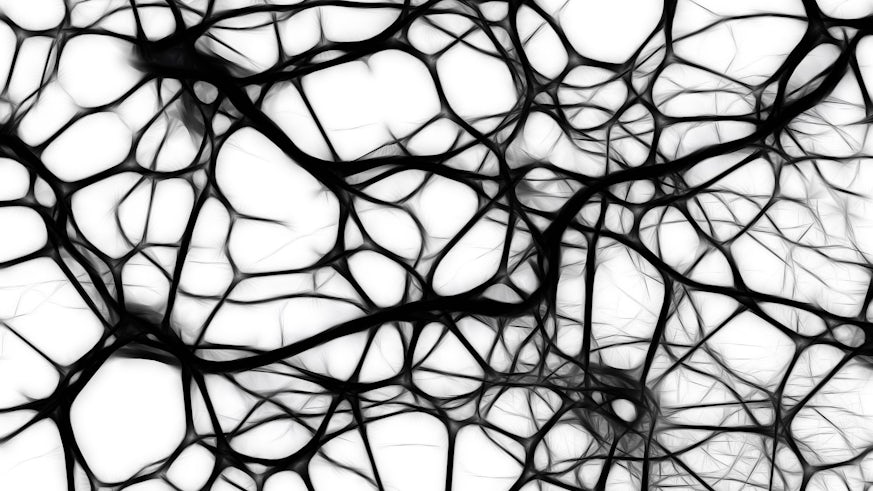Tracking therapeutics to the brain
13 August 2019

Over £250,000 of funding is helping researchers at Cardiff University to label and image small biological particles to test their potential use in treating brain disease and cancer.
Funding from an Innovate UK Knowledge Transfer Partnership has been awarded to the European Cancer Stem Cell Research Institute, helping them explore new ways to deliver therapies in the future.
The new grant will build on previous work from the Institute, which monitored the travel of small biological particles, called exosomes, around the body.
The new research will be conducted in collaboration with industrial partners, ReNeuron.
Dr Florian Siebzehnrubl, Cardiff University, said: “Exosomes are little parcels that can carry materials, and they play an important role in helping cells communicate with one another.
“Exosomes might be key to the delivery of therapies in the future. By administering exosomes containing therapeutics, there could be a new way of delivering treatments.
“To be able to harness the potential of this in the future, we need to understand how exosomes move around the body. Previously, through funding from the Medical Research Council, we have looked into whether a specific type of exosomes reached the brain.
“This new funding from Innovate UK will allow us, in collaboration with ReNeuron and the Wales Research and Diagnostic PET Imaging Centre, to build on this research further and test the potential of targeting brain cancer and brain disease.”
The award is funding research that is tracking the movement of exosomes in models of brain cancer, by labelling the exosomes with a radioactive tracer.
By scanning the models and monitoring where the exosomes have travelled, the Institute can investigate whether they reach the brain to deliver treatment.
A postdoctoral research position has also been funded through the grant.
“This funding is helping us to carry on vital work, that will hopefully allow us to get a bigger picture of the future of exosome therapies for brain disease and cancer,” added Dr Florian Siebzehnrubl.
The project will be undertaken in collaboration with Professor Matt Smalley from the European Cancer Stem Cell Research Institute, Professor Christopher Marshall, Director of Wales Research and Diagnostic PET Imaging Centre and ReNeuron.